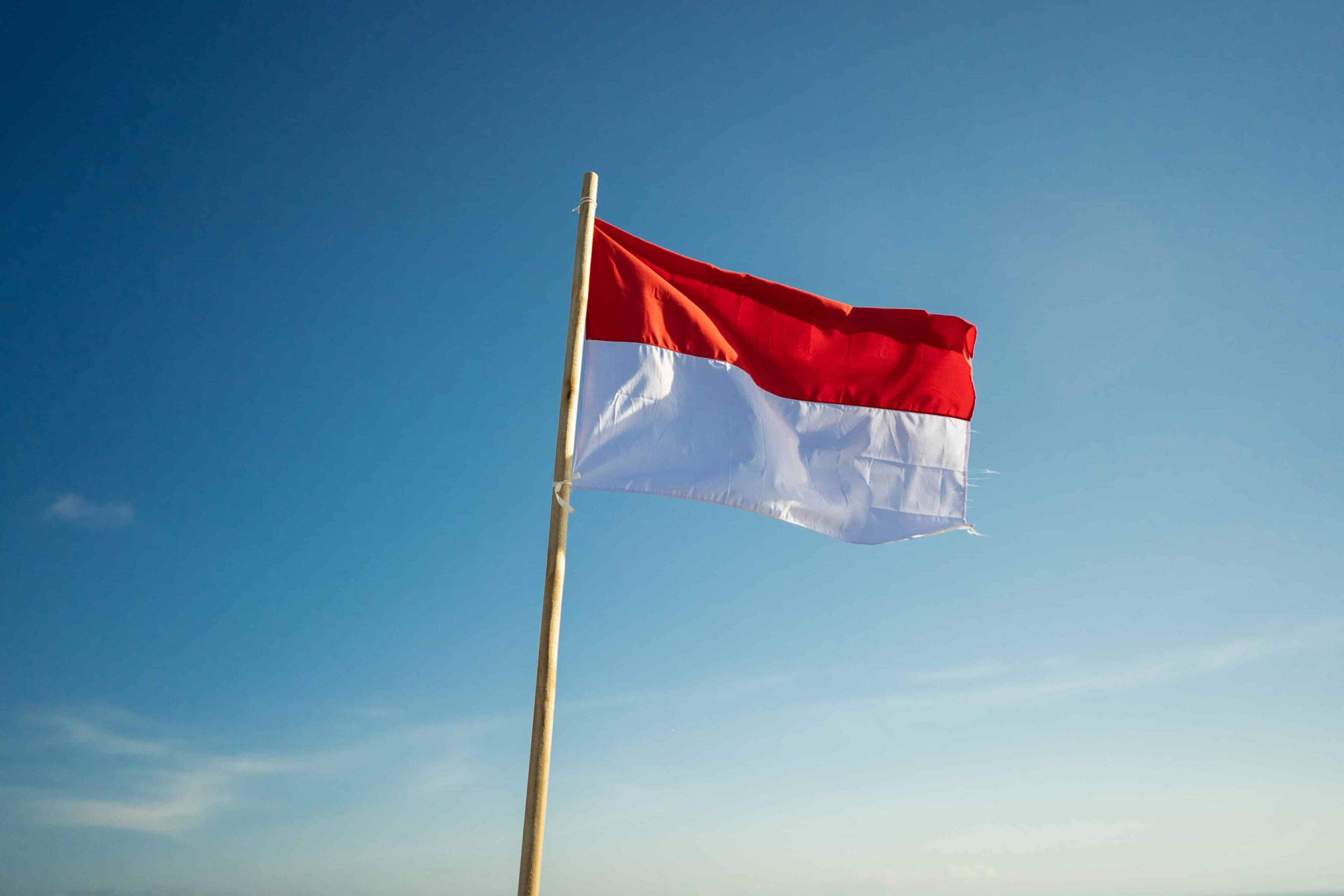
Cannabis plantation burned down by Indonesian authorities after being spotted by drones
The Associated Press reports that authorities in Indonesia burned down a marijuana plantation “after it was spotted by drones.”
“A joint team from the National Narcotic Agency, known as BNN, and the National Research and Innovation Agency, using drones, discovered 4.5 hectares (11 acres) of land containing an estimated 21,100 cannabis plants ready for harvest,” said Wayan Sugiri, the eradication officer at BNN. The airstrike was carried out in Teupin Reuseup village in North Aceh district from August 3 to 13,” according to the Associated Press.
Indonesia, the country with the largest Muslim majority in the world, has extremely strict laws prohibiting marijuana. According to Leafwell, the country has “some of the toughest laws and drug penalties in the world.”
“On rare occasions, the penalty for marijuana in Indonesia can be the death penalty,” Leafwell says. “These typically occur in drug smuggling in quantities in excess of 1 kilogram (kg) or more than five plants, but home growers could easily risk possible arrest and prosecution.”
Nonetheless, there is a long history of cannabis use in Indonesia, particularly in the aforementioned Aceh province. According to the South China Morning Post, “Marijuana is ingrained in the culture of Aceh and the authorities ignore its use.” According to the AP, cannabis is the most commonly used illicit drug in Indonesia.
However, the authorities have not ignored the cultivation in Aceh.
“This is a form of government determination against illegal drugs and their proliferation,” Sugiri said of Wednesday’s fire, as quoted by the Associated Press.
According to the AP, it was the fifth government burn this year, with authorities burning down “43 hectares (106 acres).” [and] An estimated 190,000 marijuana plants were planted in March alone.
Wednesday’s burning involved “more than 150 police, customs and…” officers [National Narcotic Agency]which said officers were “used to snatch up the 20 tons of marijuana for burning.”
There has been a concerted effort to legalize medicinal cannabis, which is also banned in Indonesia. Over the past year, lawmakers there have heard testimonies from various advocates.
But so far, reform has proved difficult. The AP said that Indonesia’s constitutional court last year “rejected a judicial review of the country’s narcotics law that would have paved the way for the legalization of marijuana for medical purposes.”
The United Nations has identified Indonesia as a major smuggling route, saying that “the country’s border weaknesses exacerbate the country’s vulnerability to trafficking in people, drugs and natural resources, as well as the smuggling of migrants”.
“Indonesia was officially a drug transit country, with much of the drug shipments coming from Europe and other parts of Asia. Over the past five years, domestic manufacture of amphetamine-type stimulants has increased to meet the growing demand for crystal methamphetamine and ecstasy (MDMA). Locally produced amphetamine-type stimulants are also being traded internationally at a rate that is raising fears that Indonesia will soon compete with Europe as a supplier for global MDMA use,” the UN said.
“The government has continuously increased the capacity of its institutional actors and agencies, including training special forces to combat transnational organized crime and human trafficking, and has successfully prosecuted and convicted individuals for such crimes.” Despite these advances, Indonesia continues to face serious threats by transnational organized crime and human trafficking. Institutions and officials may not have the capacity to deal with the threats of transnational organized crime. Other institutions such as the judiciary and the attorney general’s office have similar capacity and resource constraints.”

Post a comment: